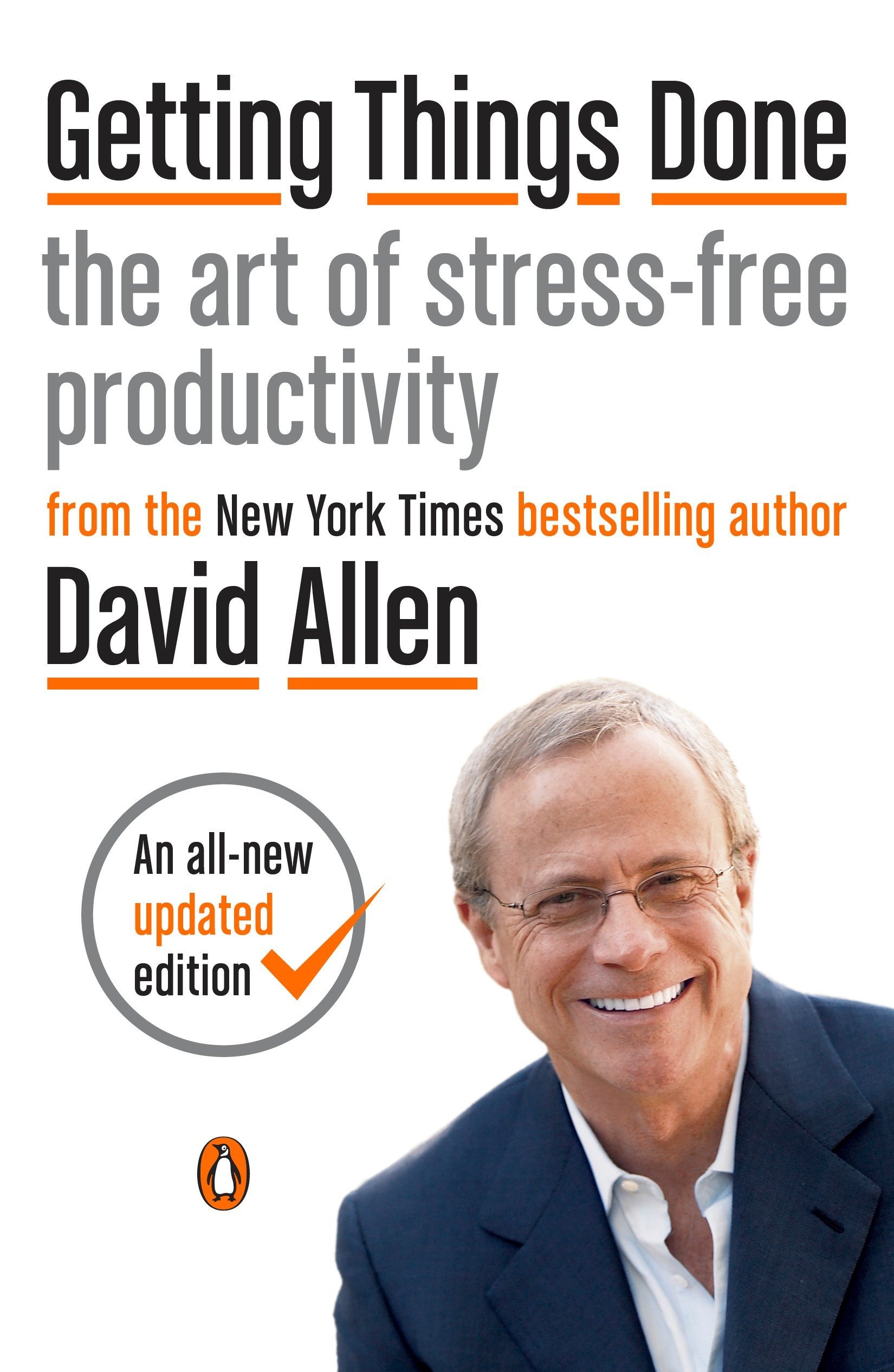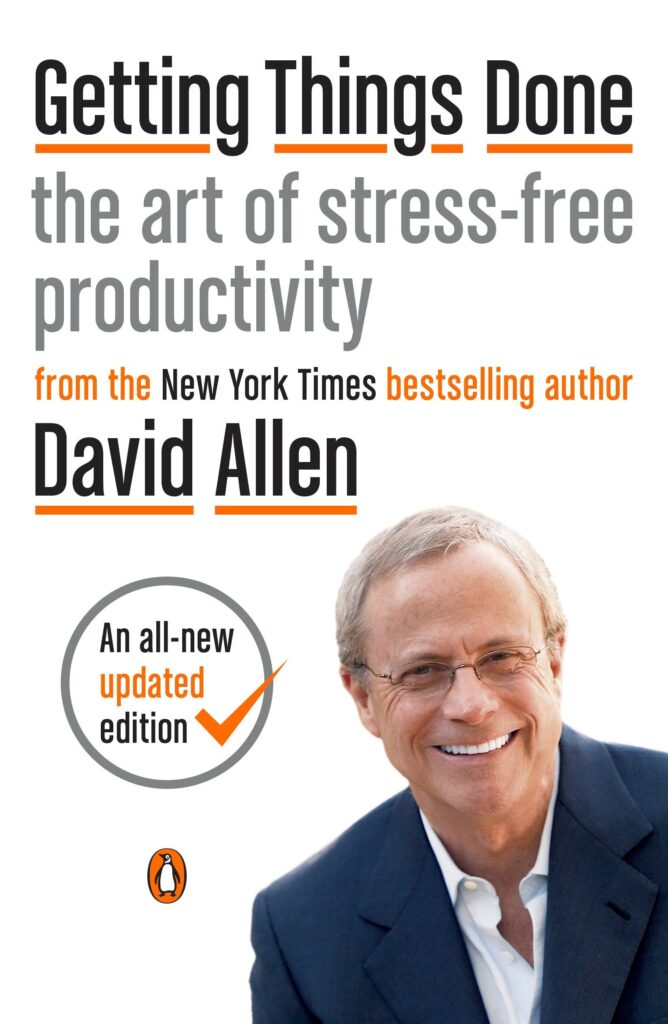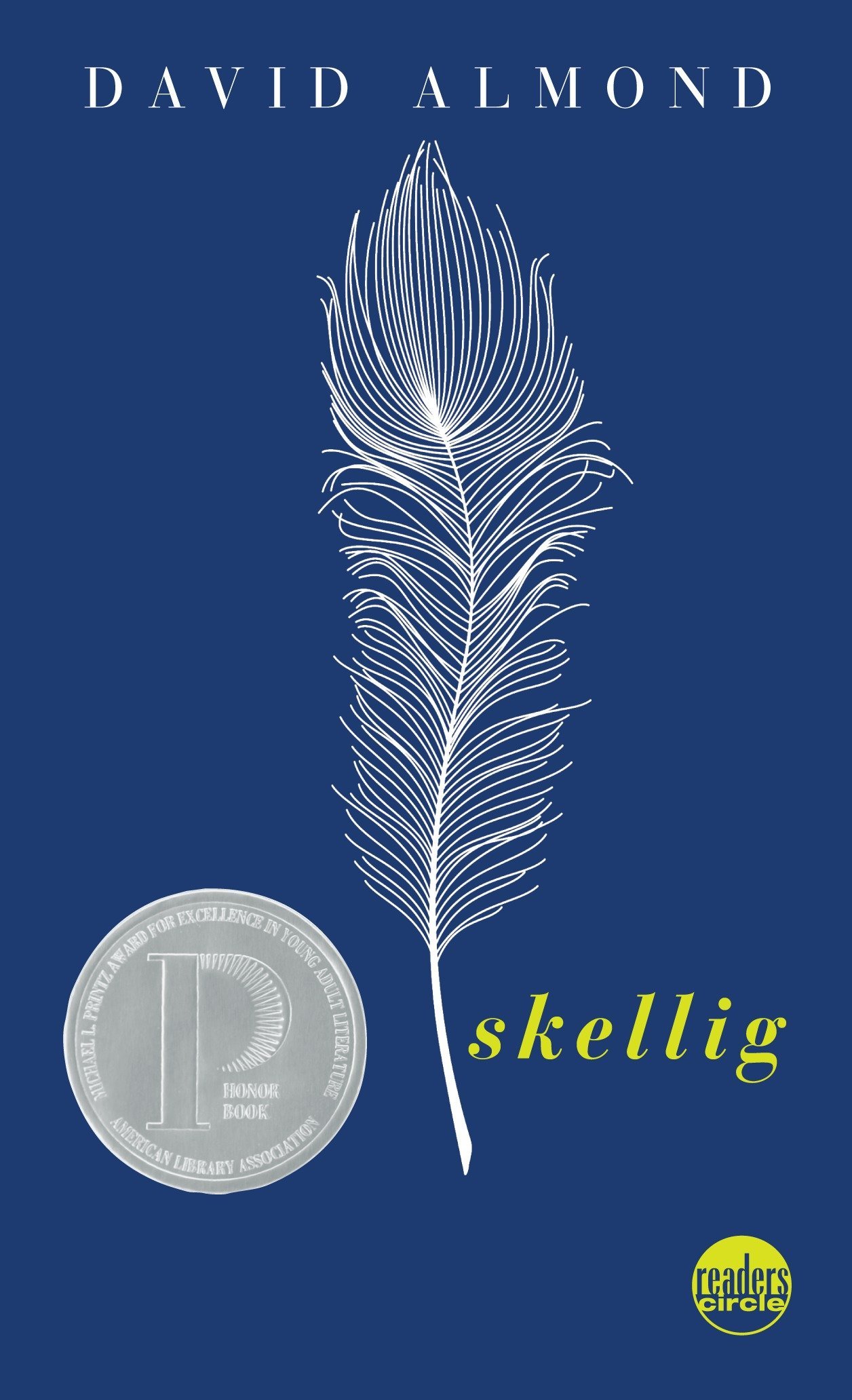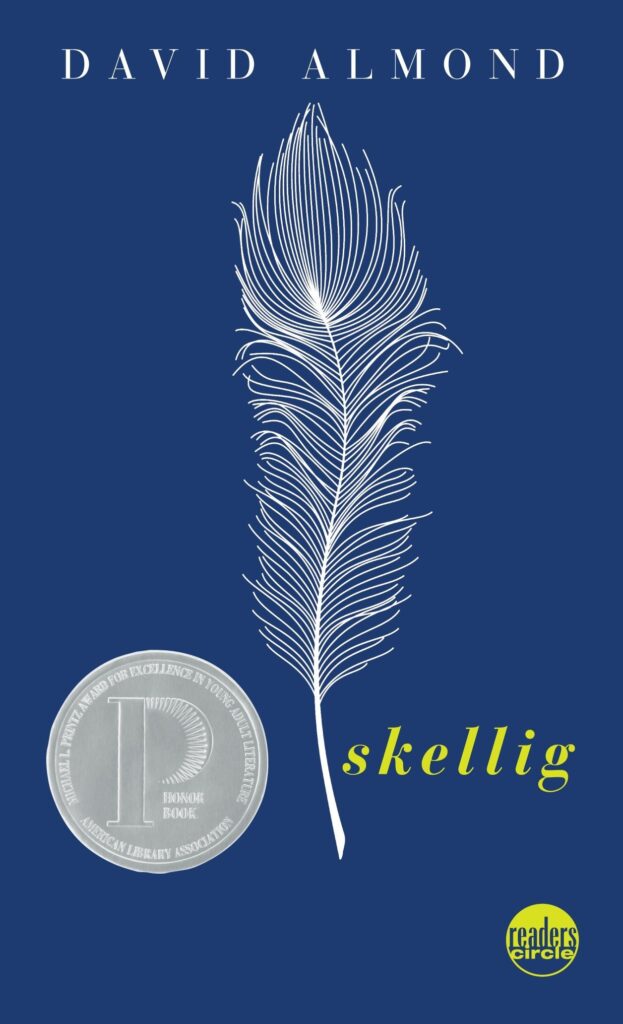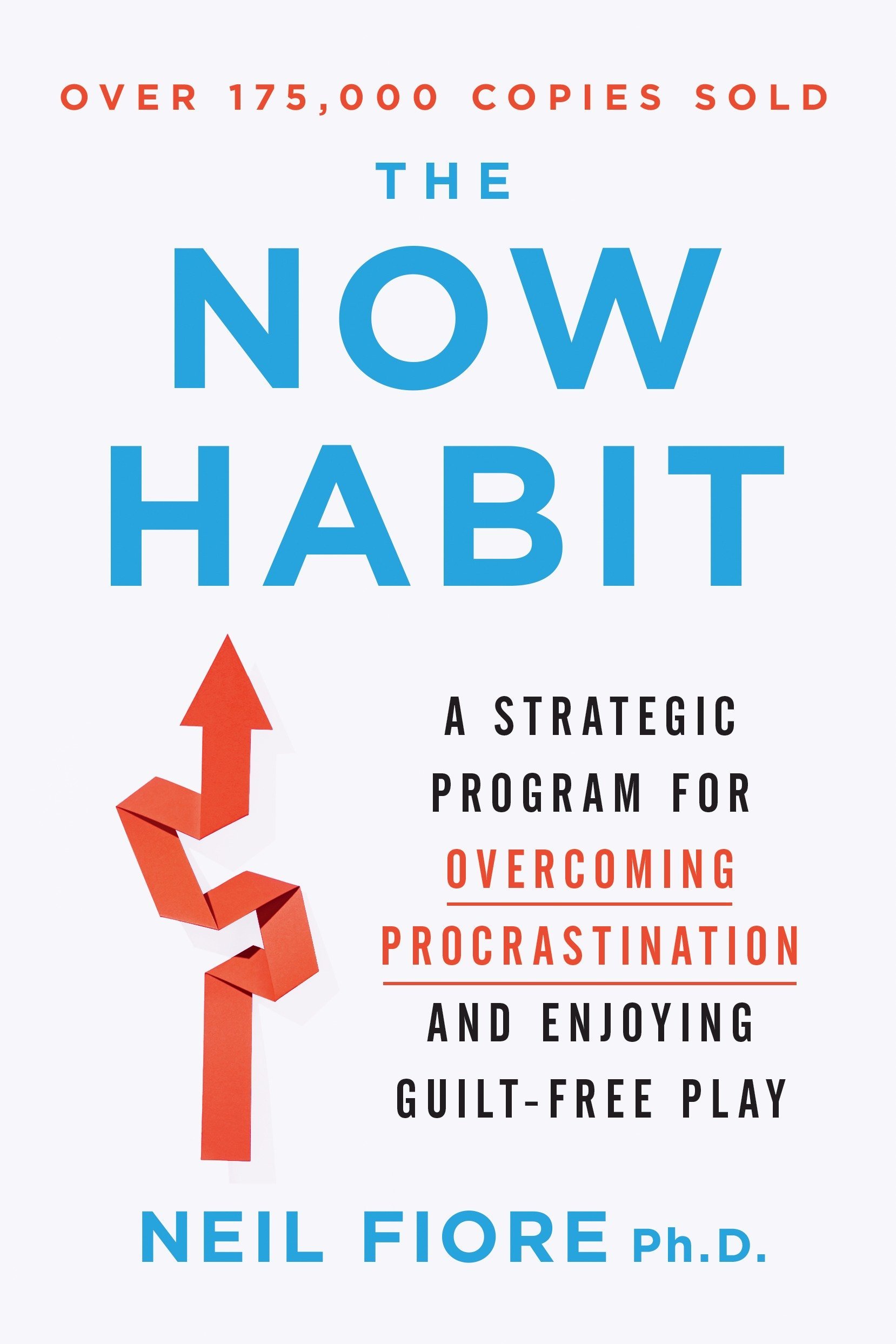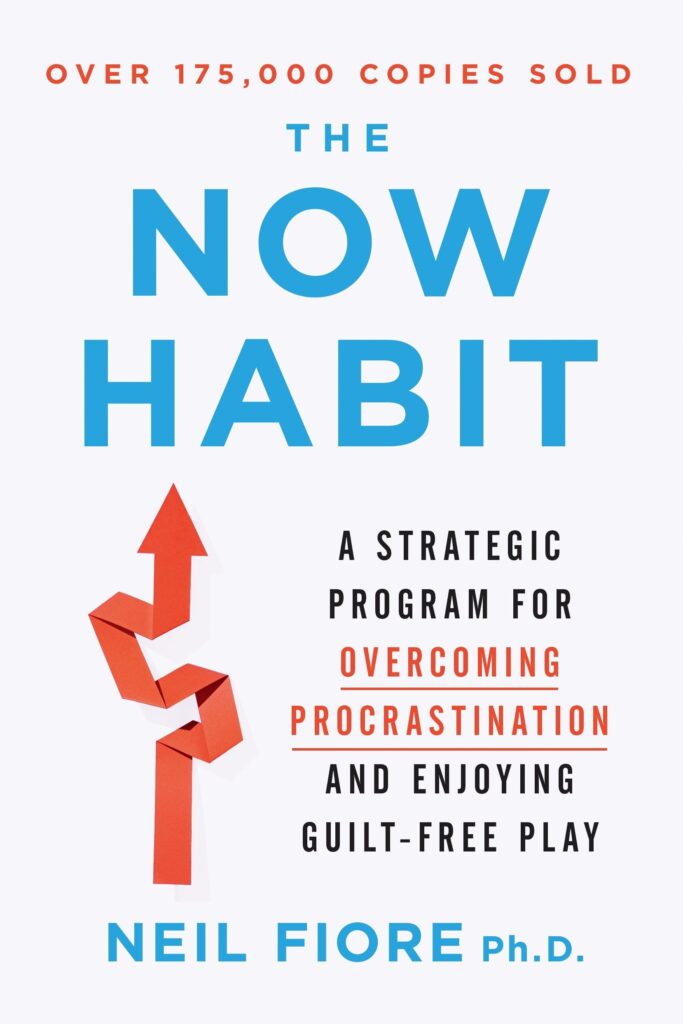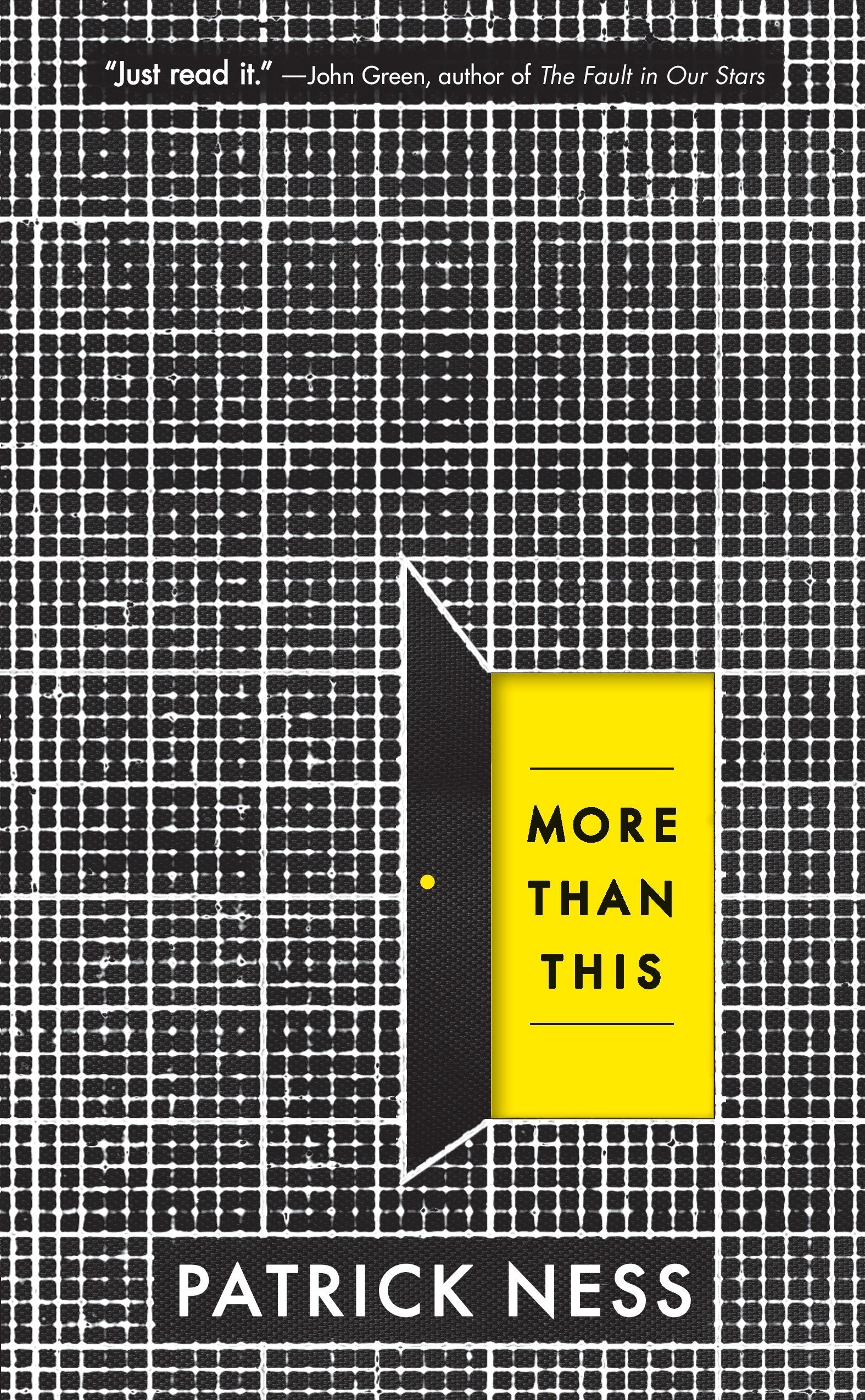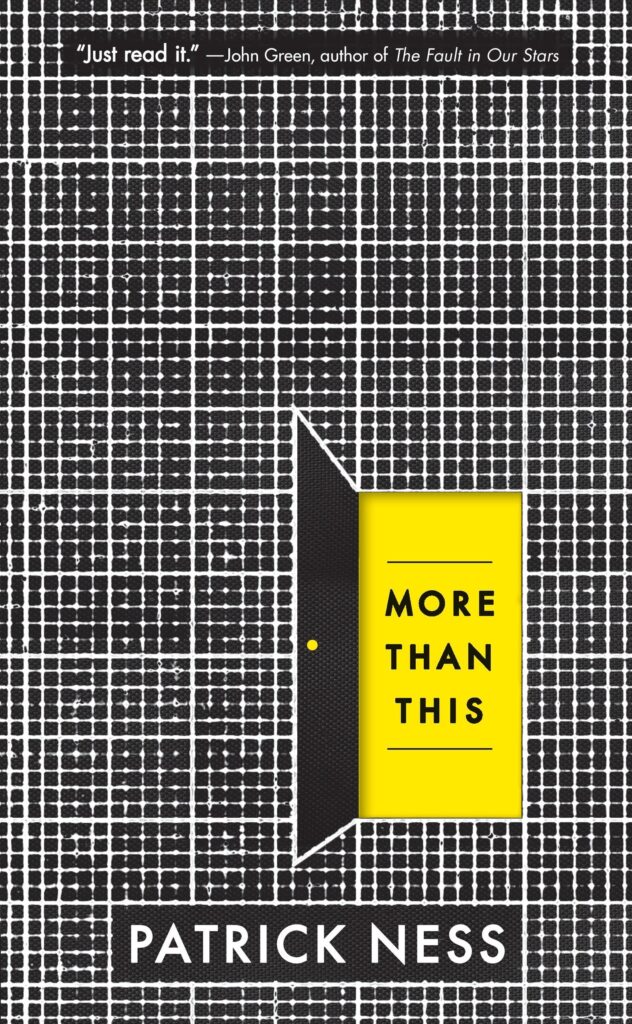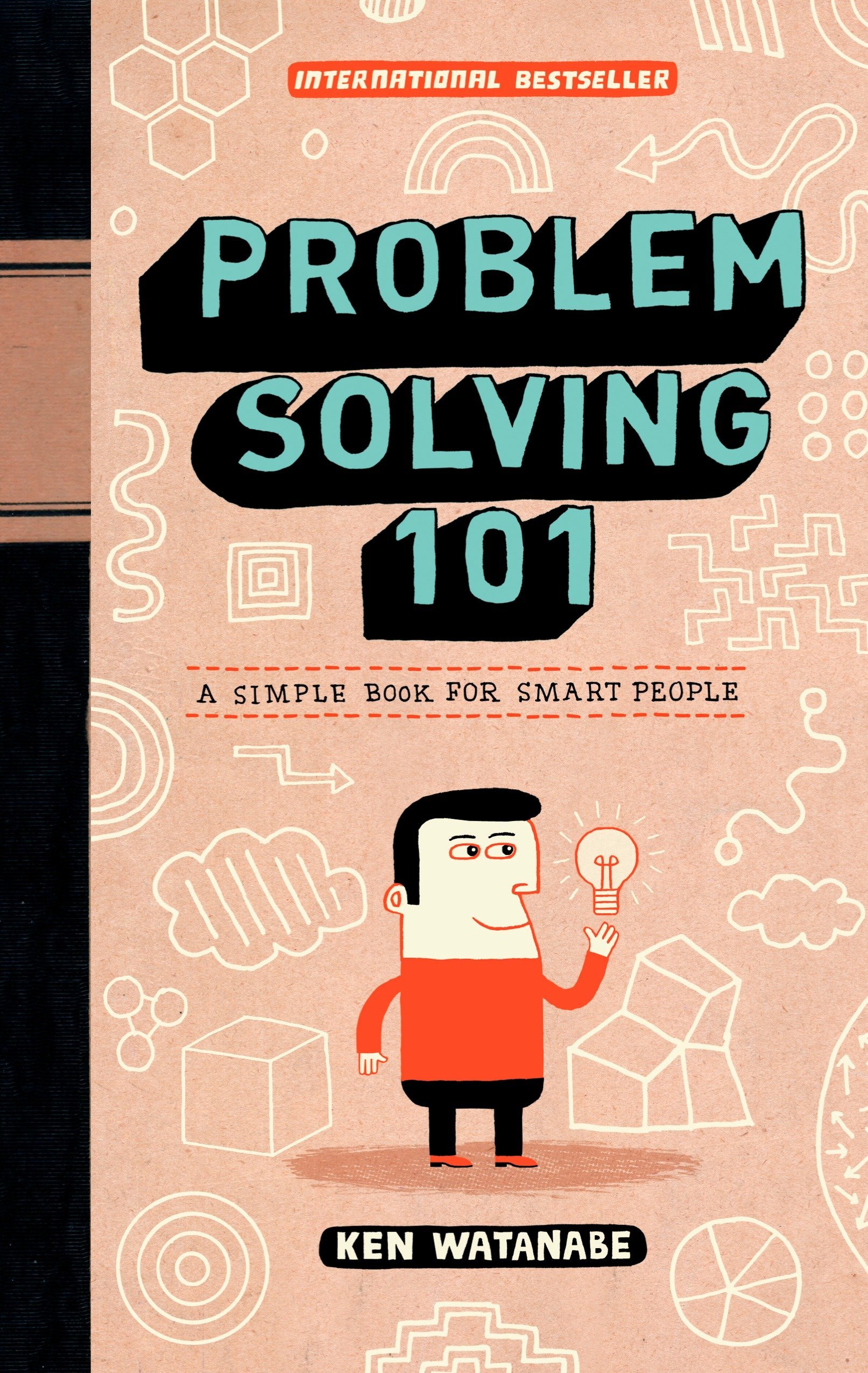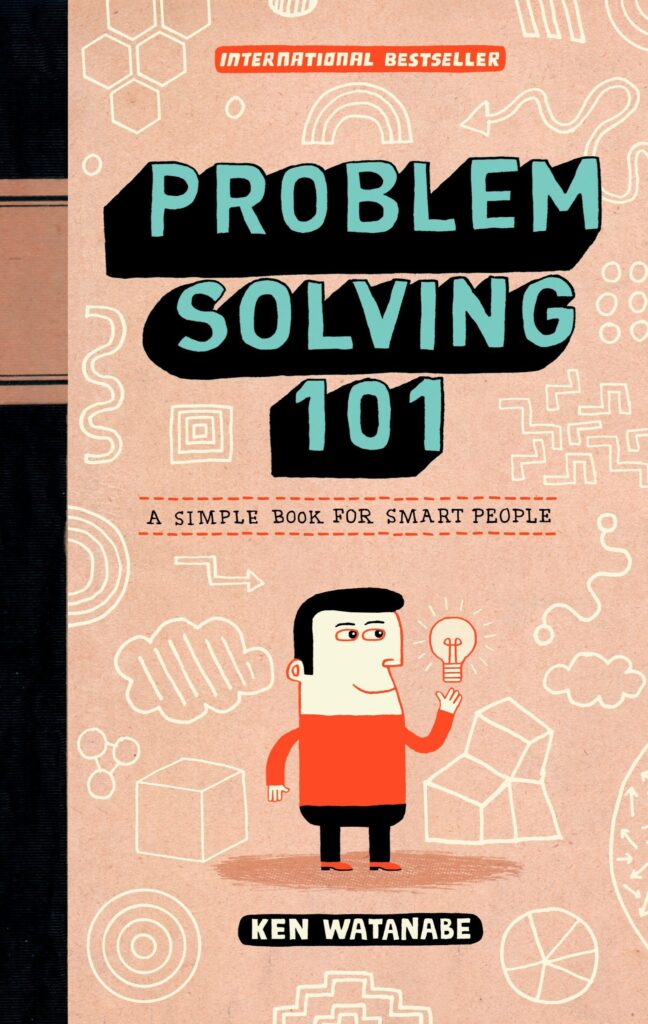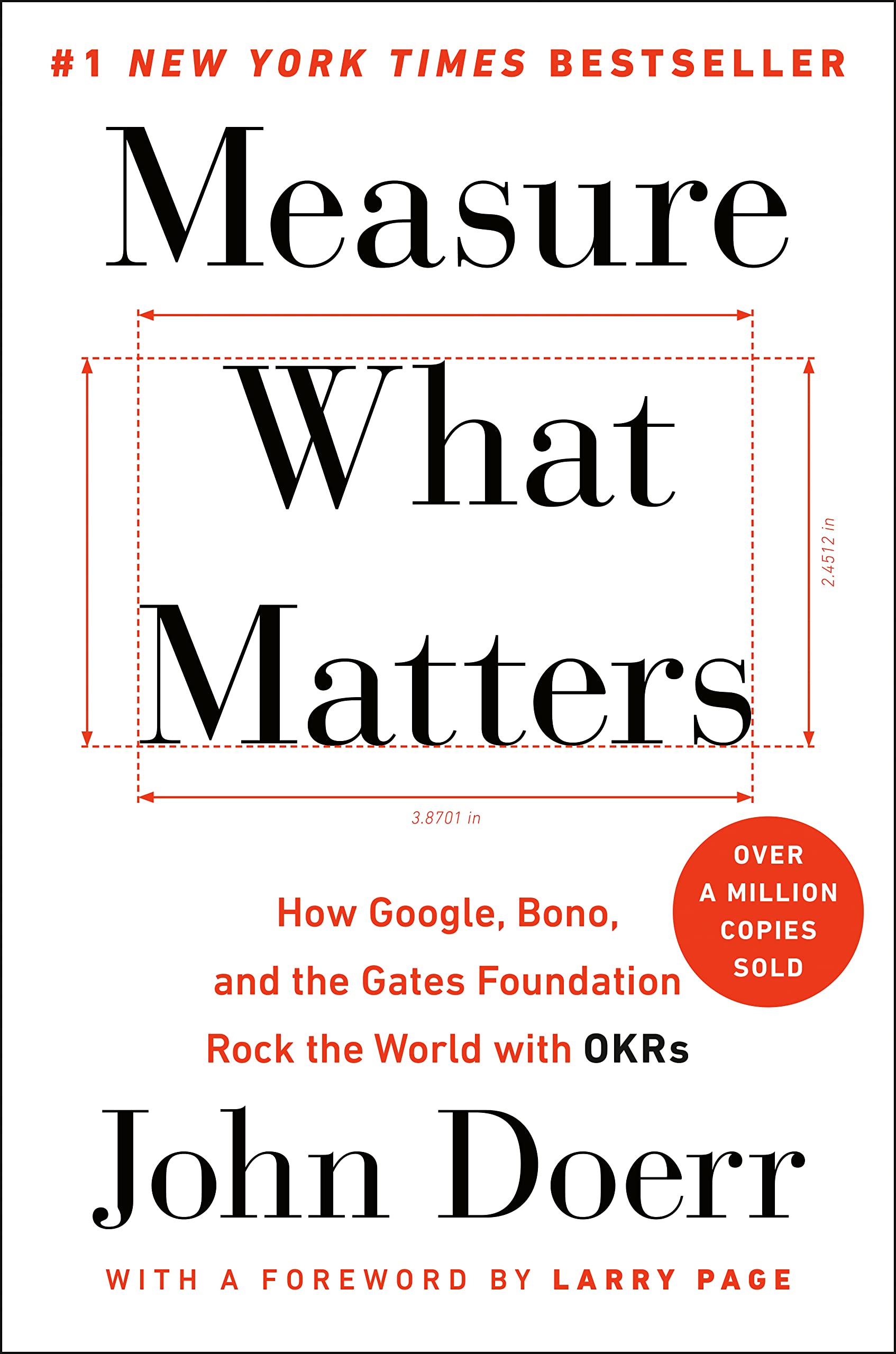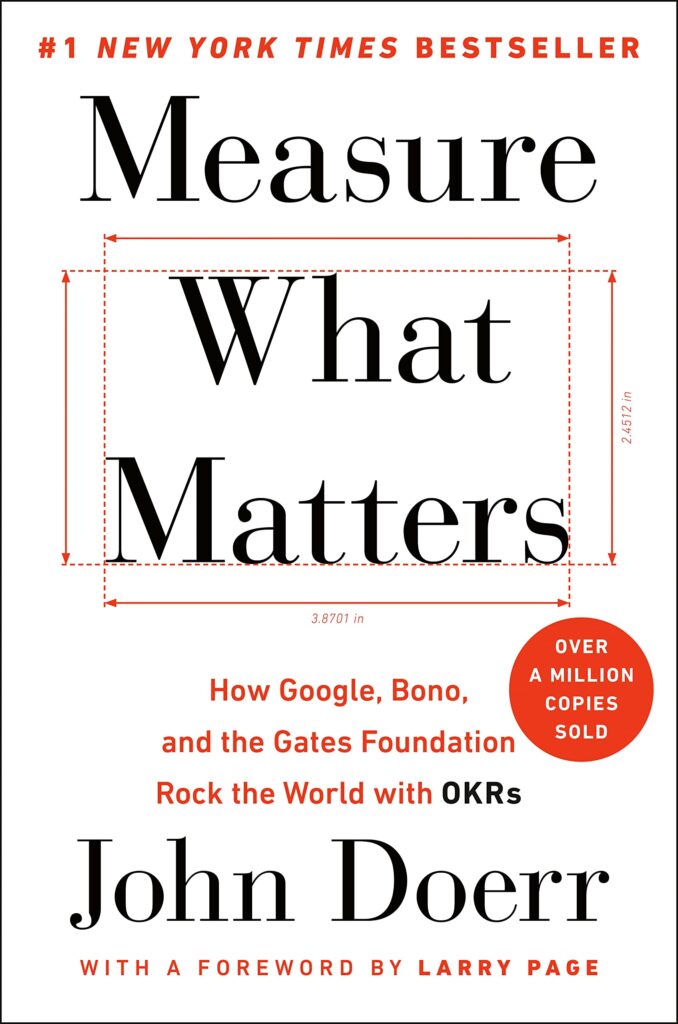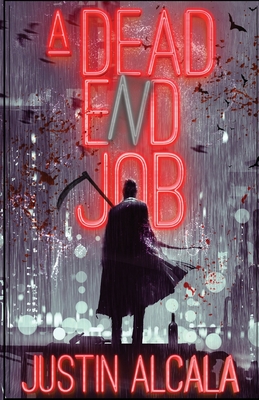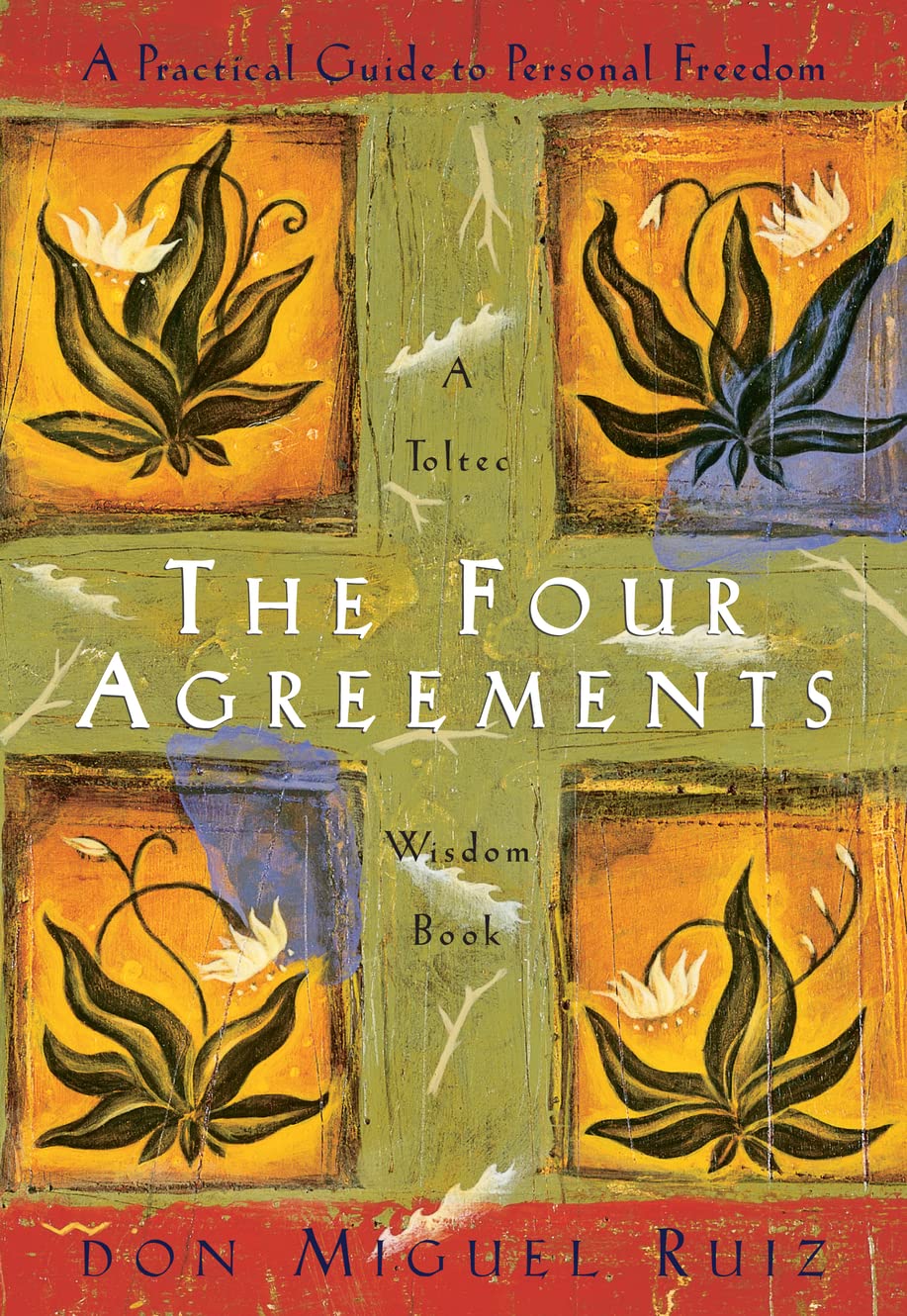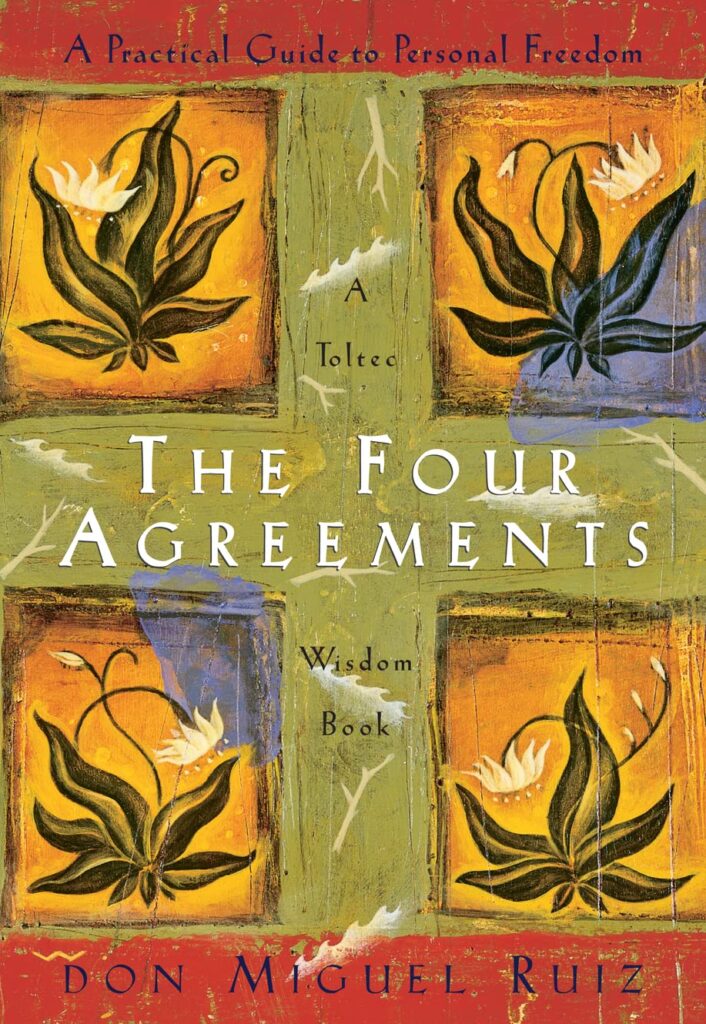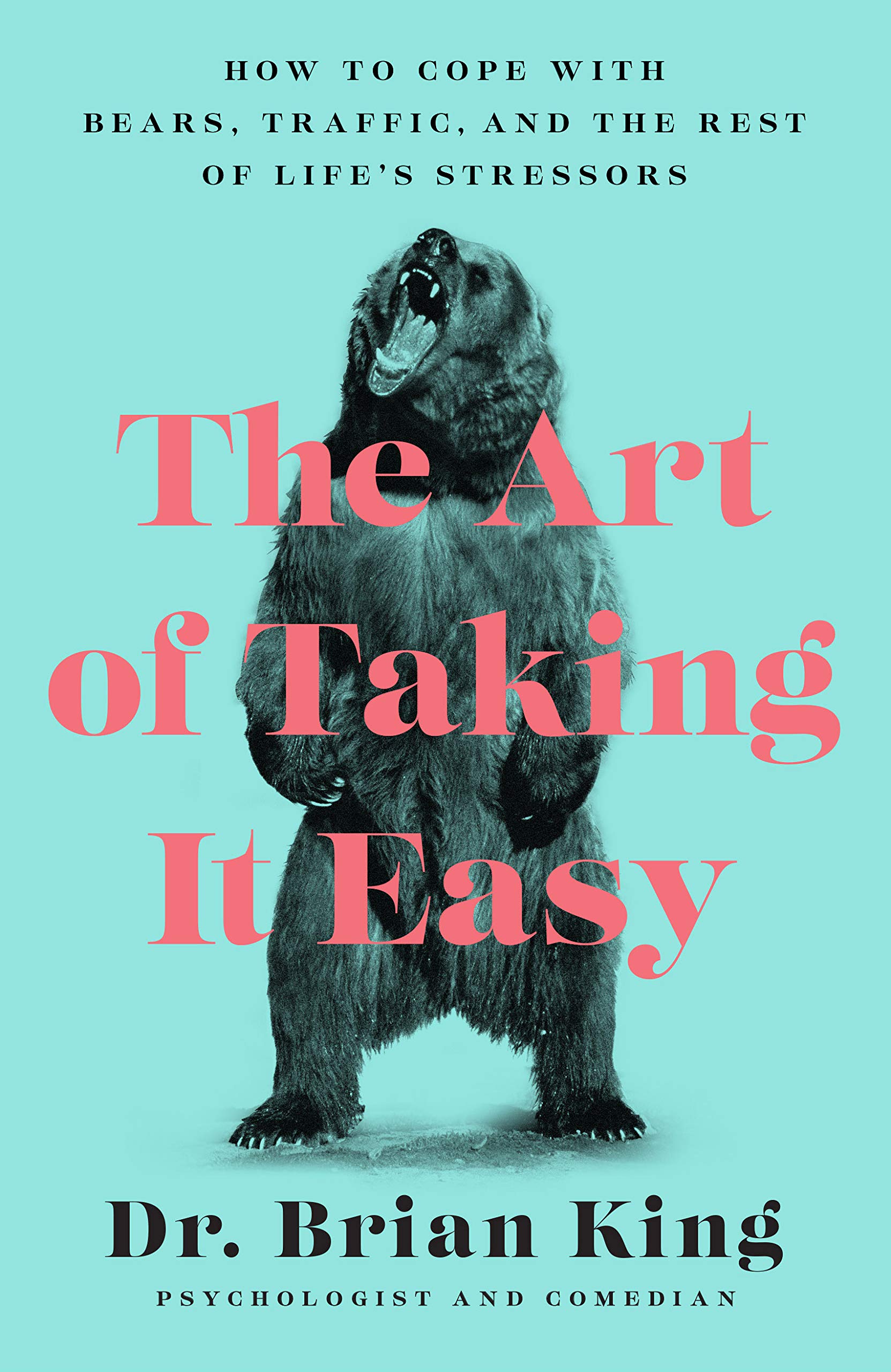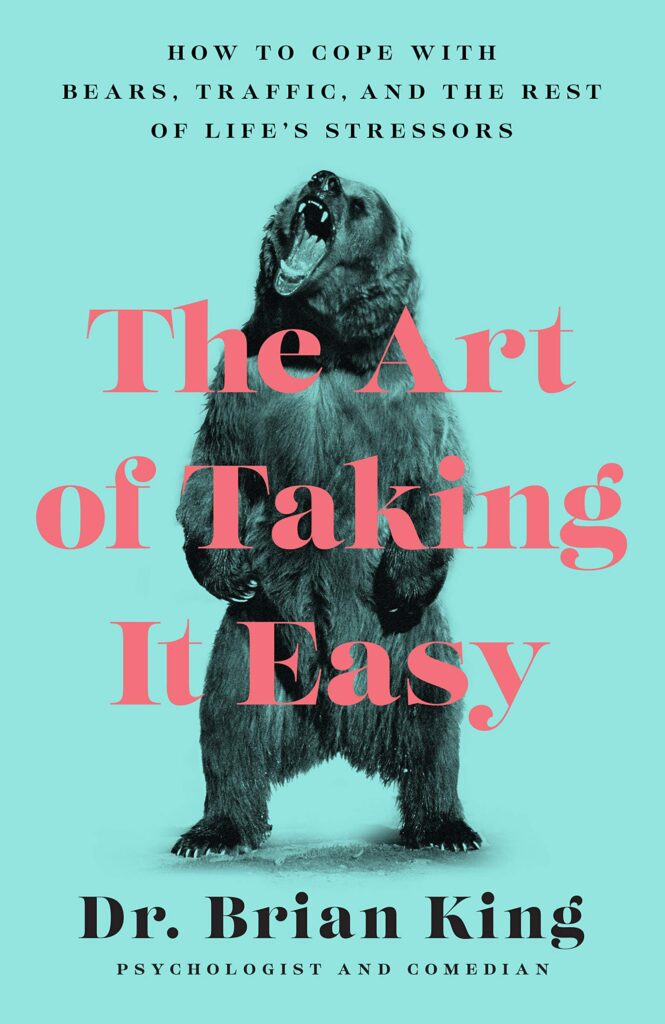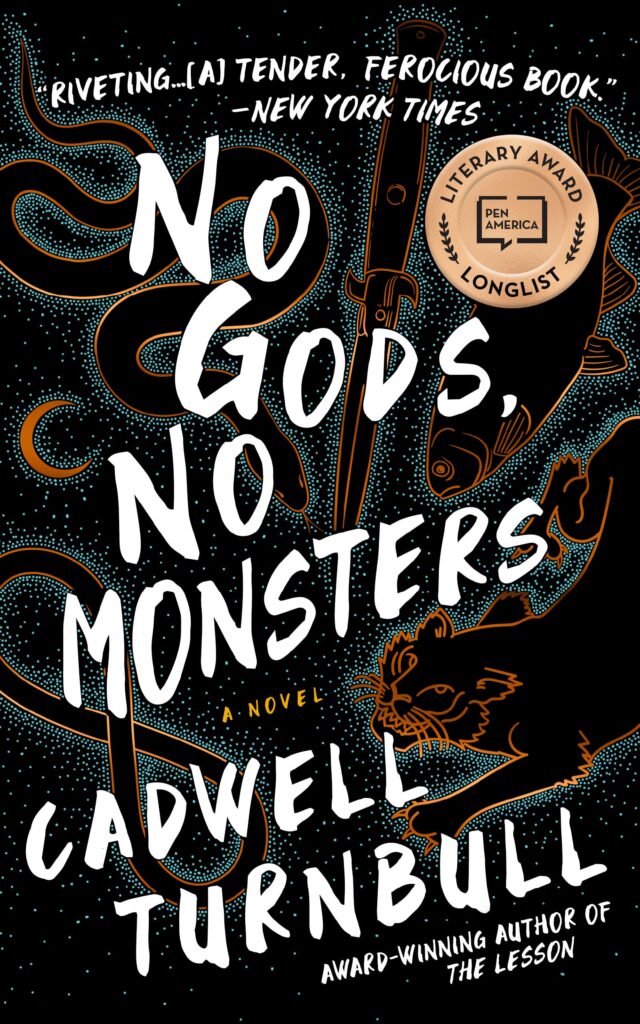
Today in books that I’ve had on hold since before I got sick and was worried that I wasn’t going to be able to actually read because I wasn’t sure how good my brain was! I really had no idea what I was getting into and, yet again, I did not read the blurb and just dove right in and hoped that I would be okay in the brain to read it.
This book doesn’t quite have a main character to follow, or a solid plot line to talk about. It is about a world where there are monsters hiding among humans, who fear for their lives and their discovery, and who know they will be persecuted for their mere existence. With a single video of a police officer shooting a black man that also happened to be a werewolf, their existence is exposed to the world and the different groups and individuals of this world struggle to find a way forward, to live in a world that wants them gone.
I have looked at other reviews, but I am not quite at a point where I was able to pick up the probably very clear allegory between minority groups and monsters, mostly because many of the monsters we see were also minorities or people who were under privileged to start with which made it hard for me to put a lot together the way I think I was supposed to. We’re going to blame that on the lingering brain damage.
As a narrative, it had a delightfully ethereal feeling to it in the way it was told. It was a little harder for me for the moment, but I really do like the idea of the story being told as what was happening to a whole lot of different individuals that happen to cross paths rather than as a core narrative with a solid protagonist. It felt like the correct choice for the story being told, and made it feel like a bigger and more complex thing than it might have told any other way.
Overall, I really did enjoy it! If you get a chance, definitely check it out!
